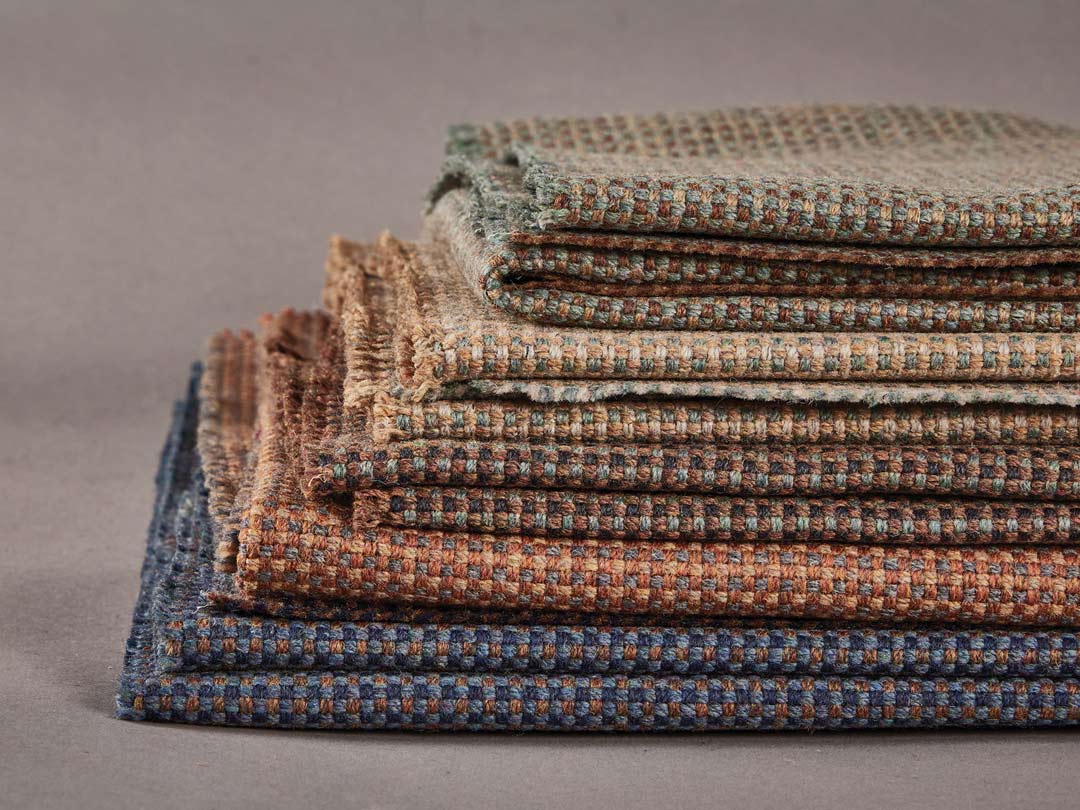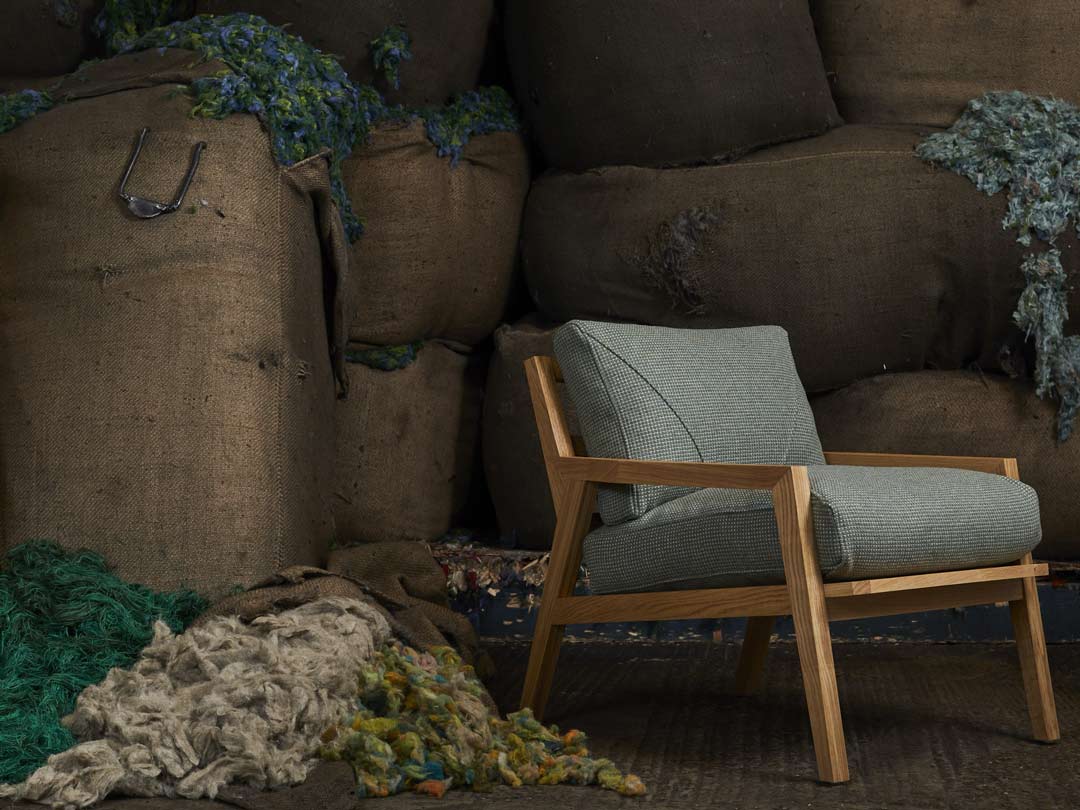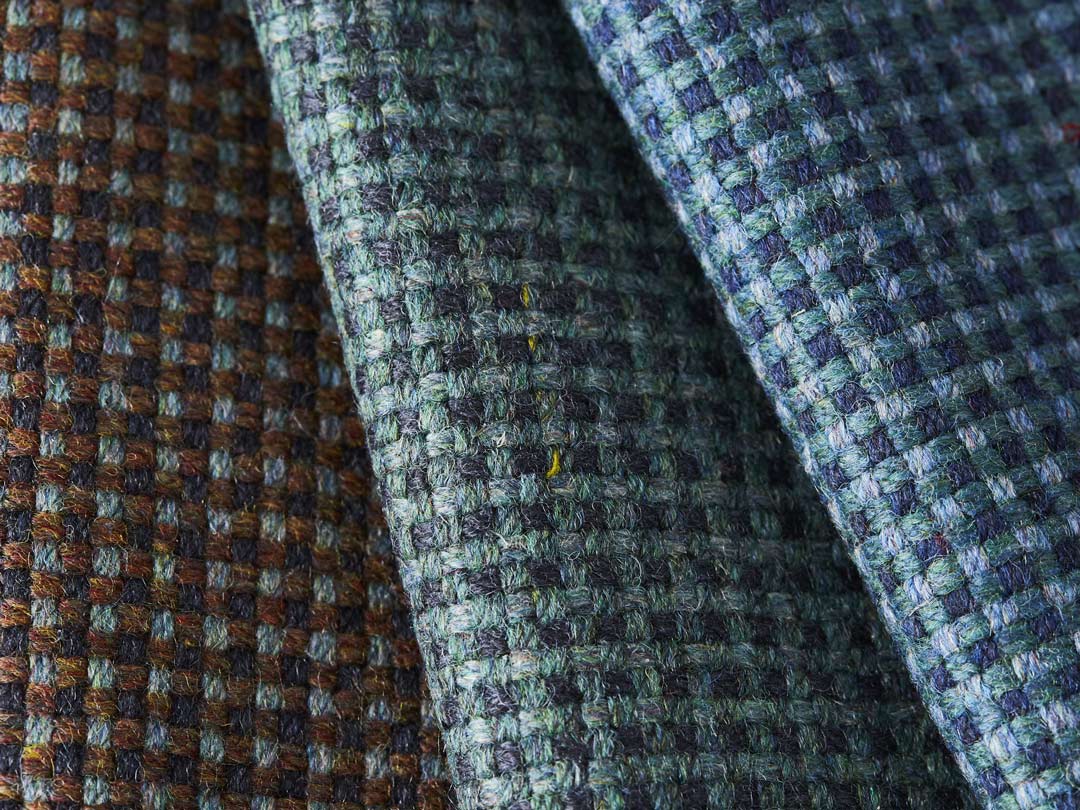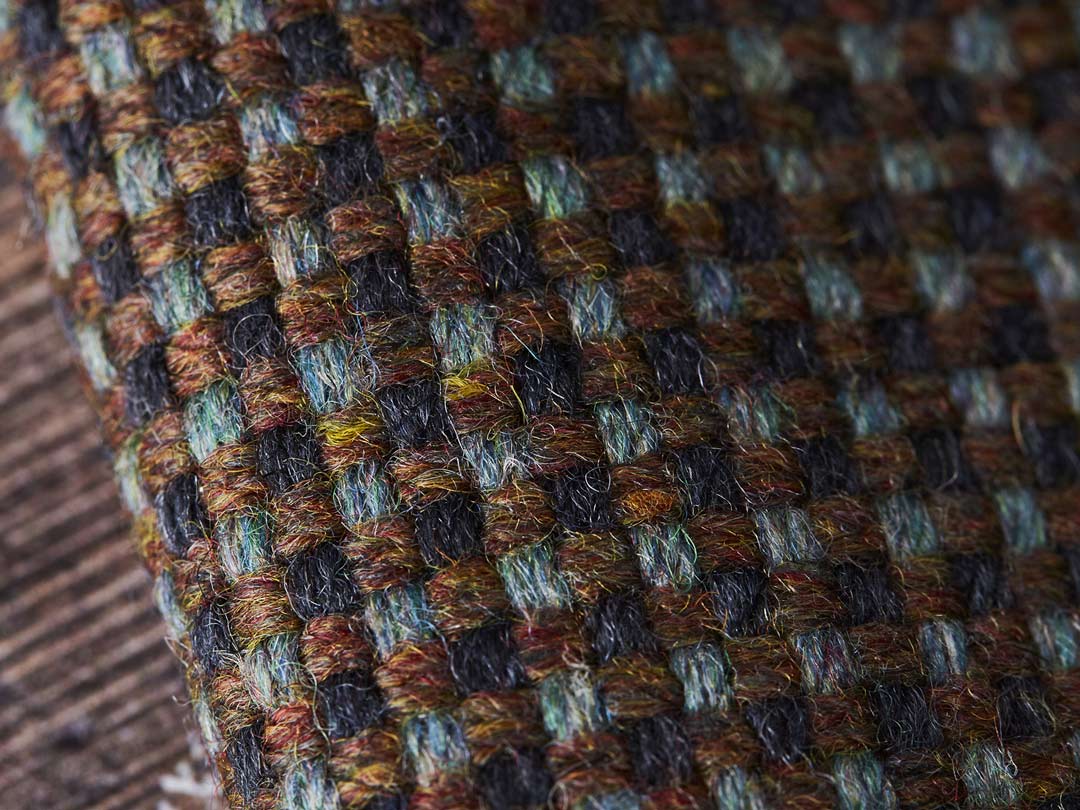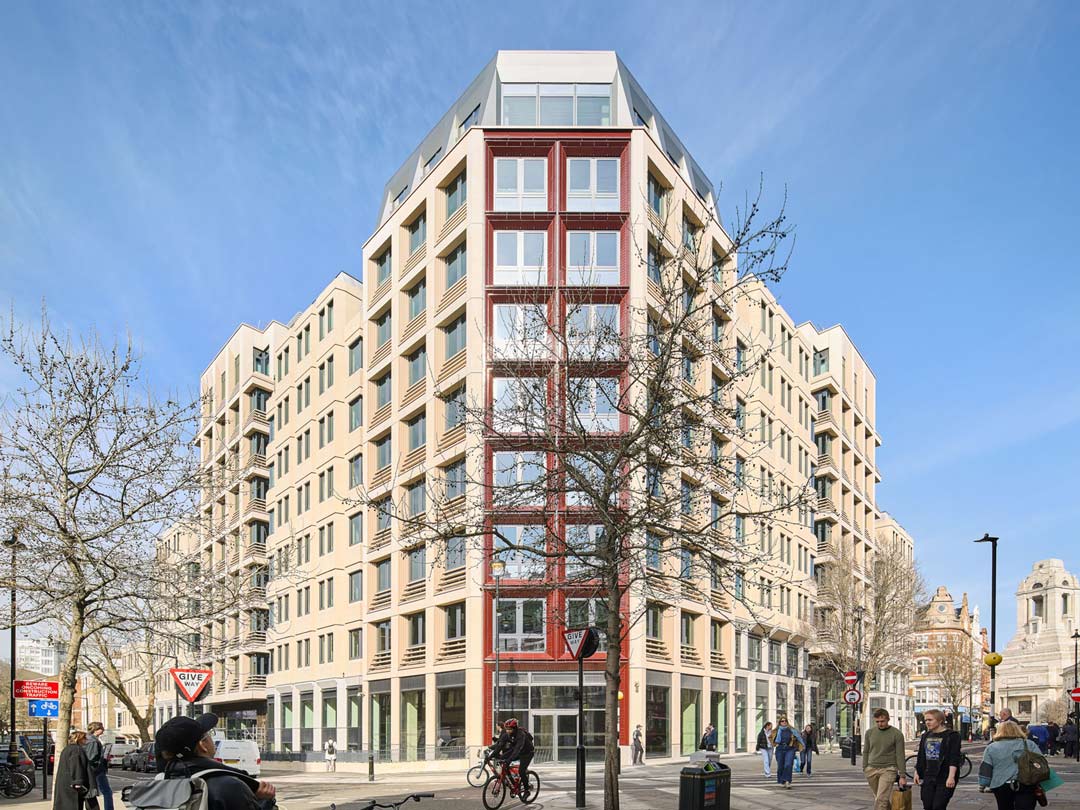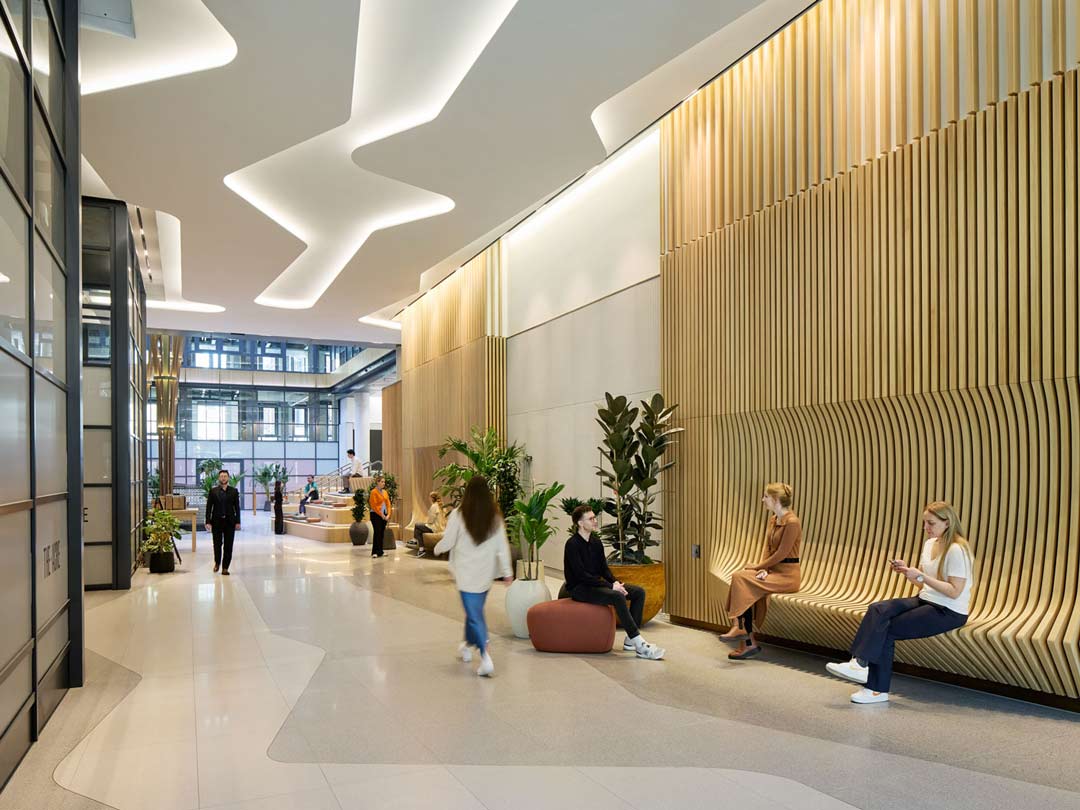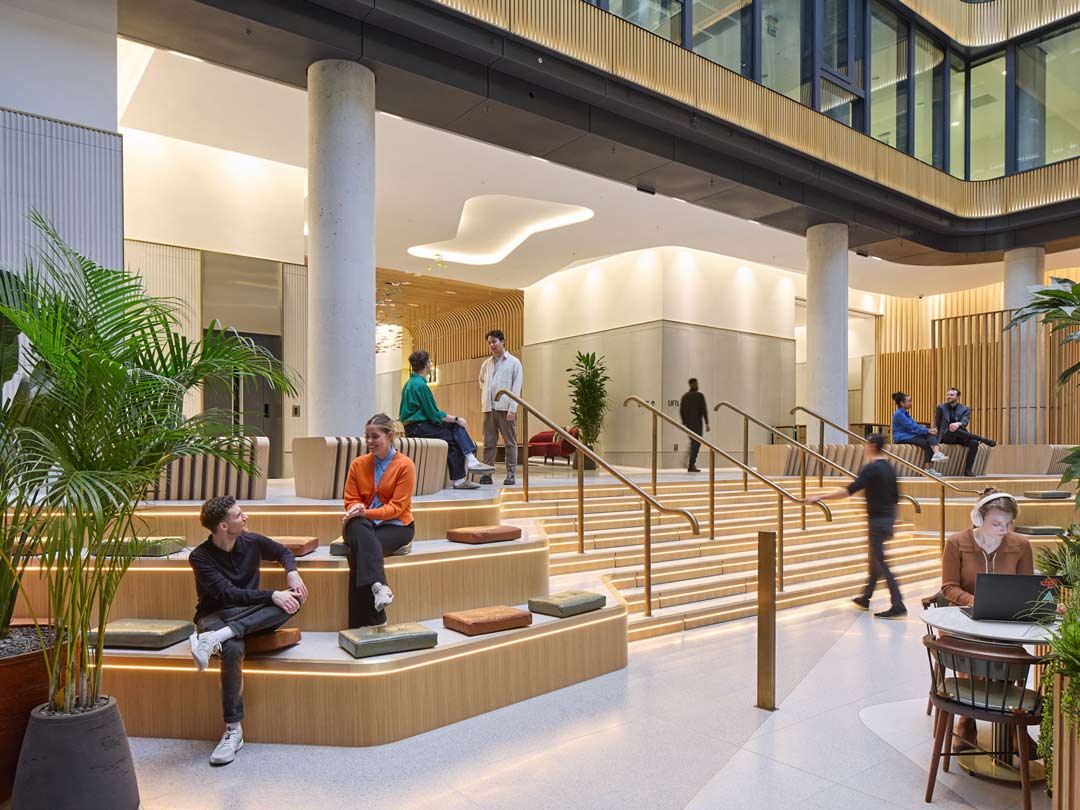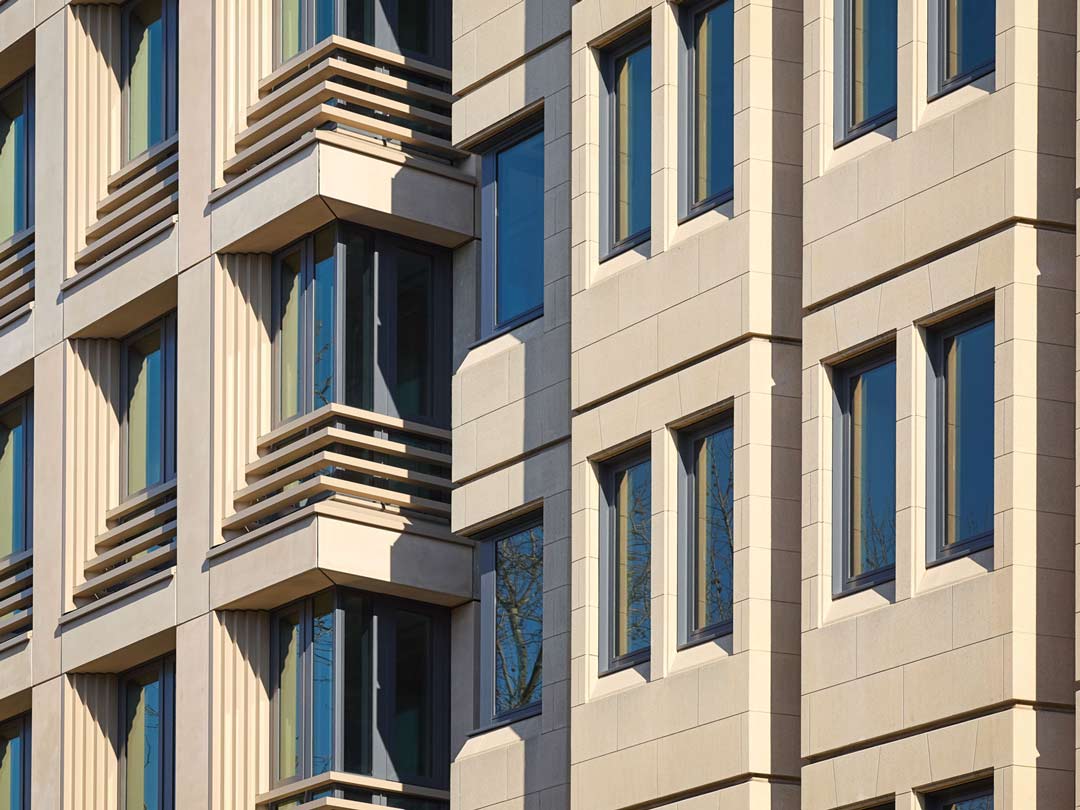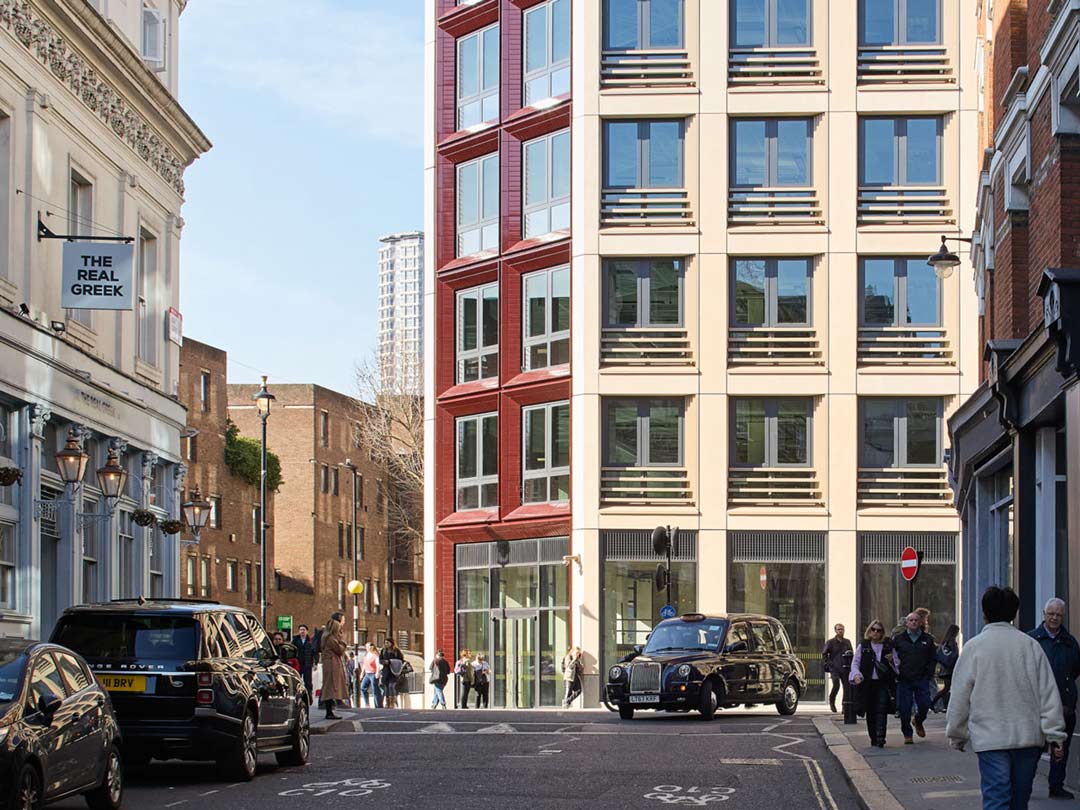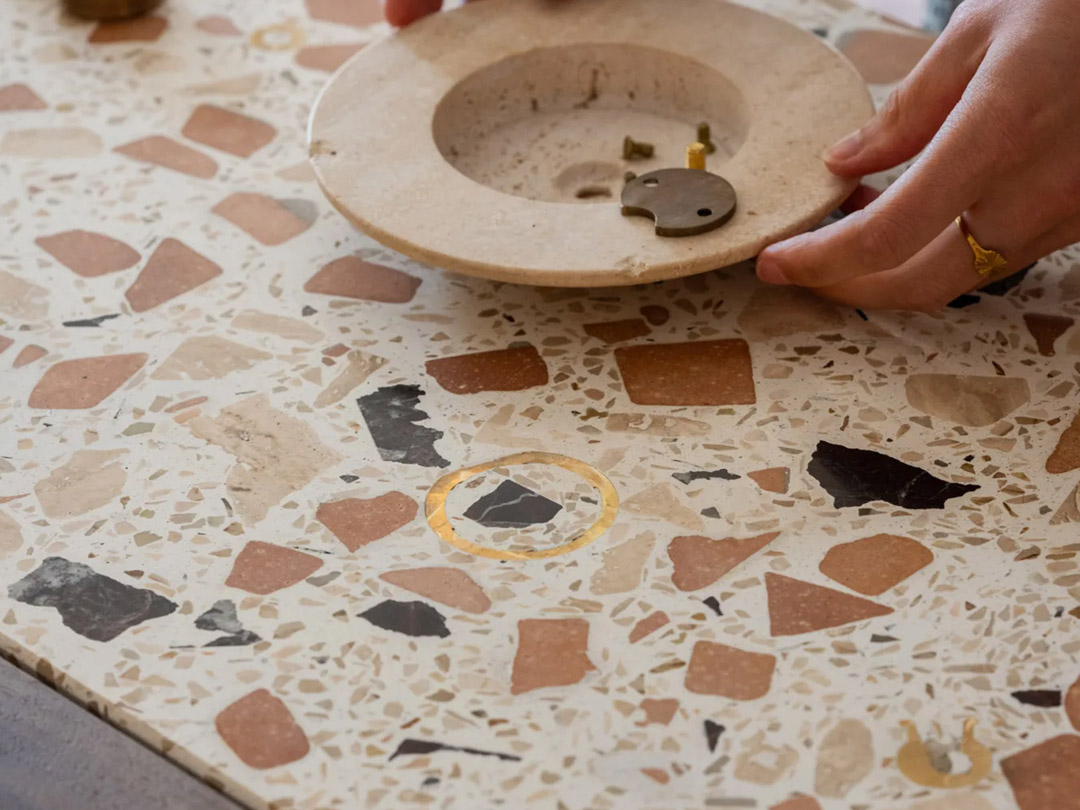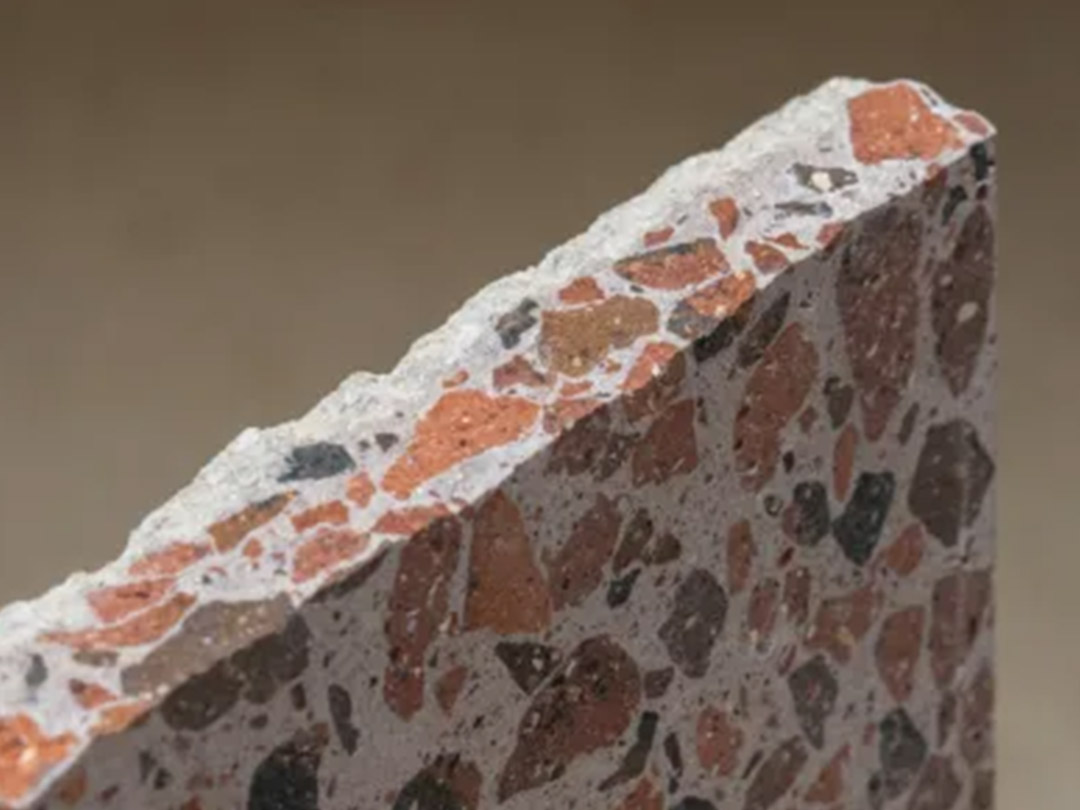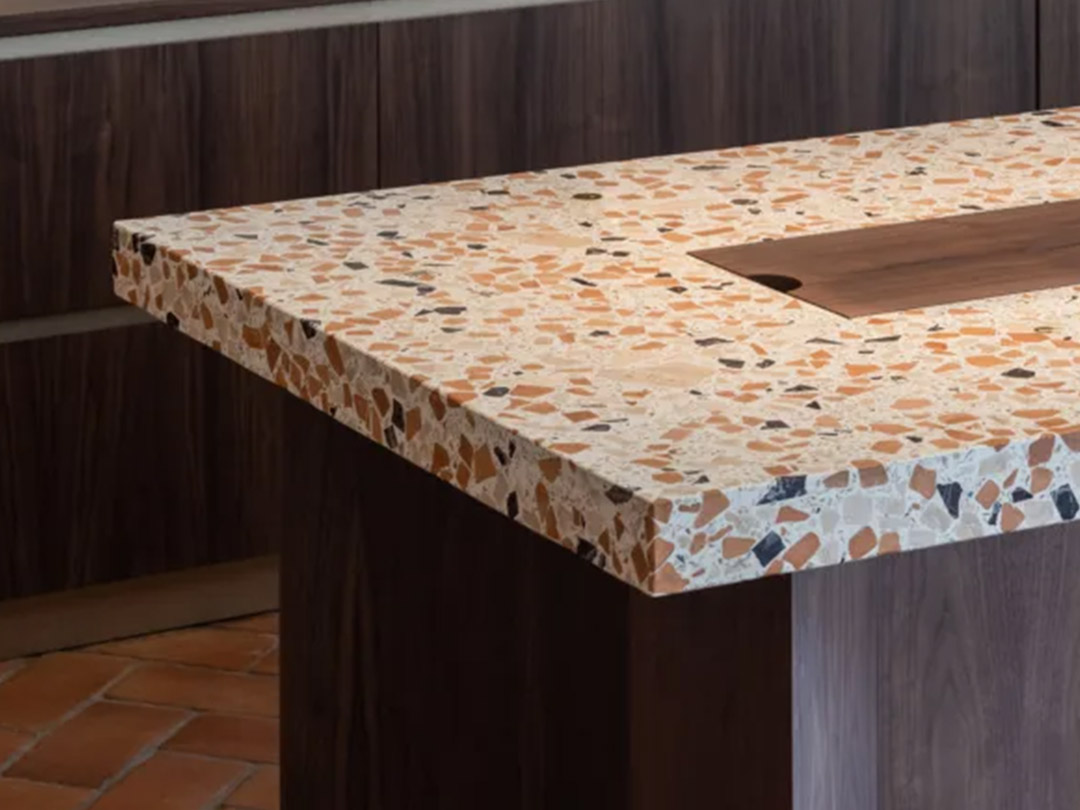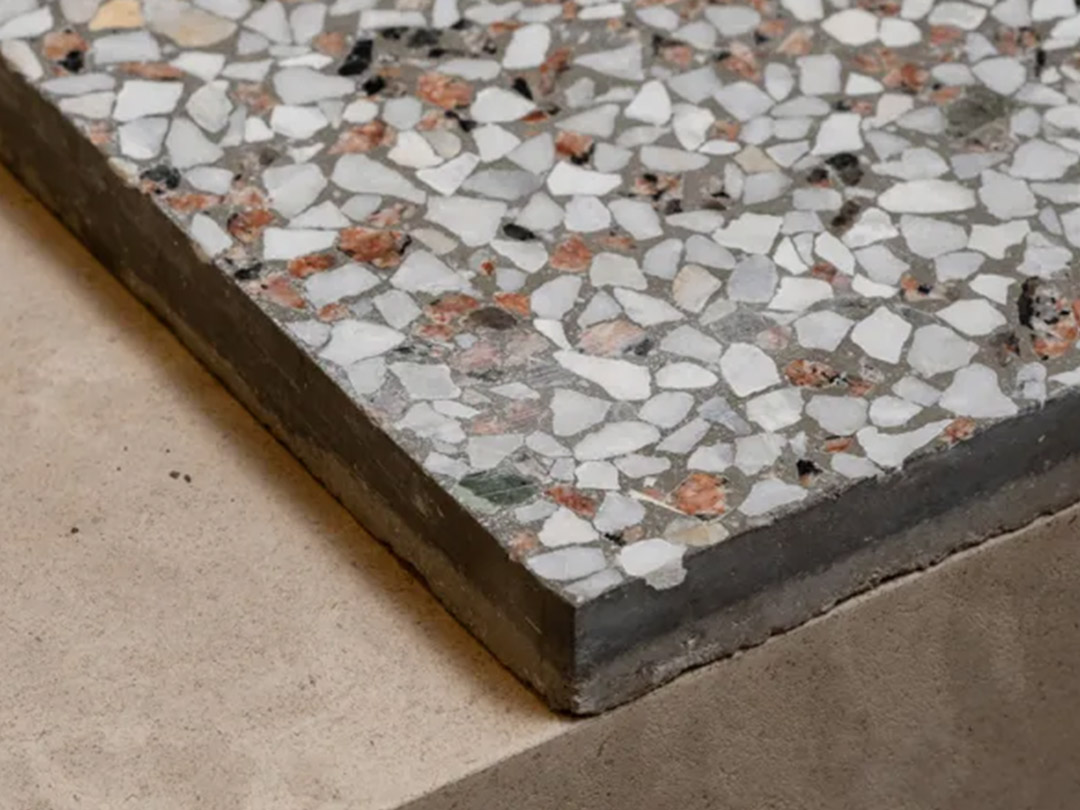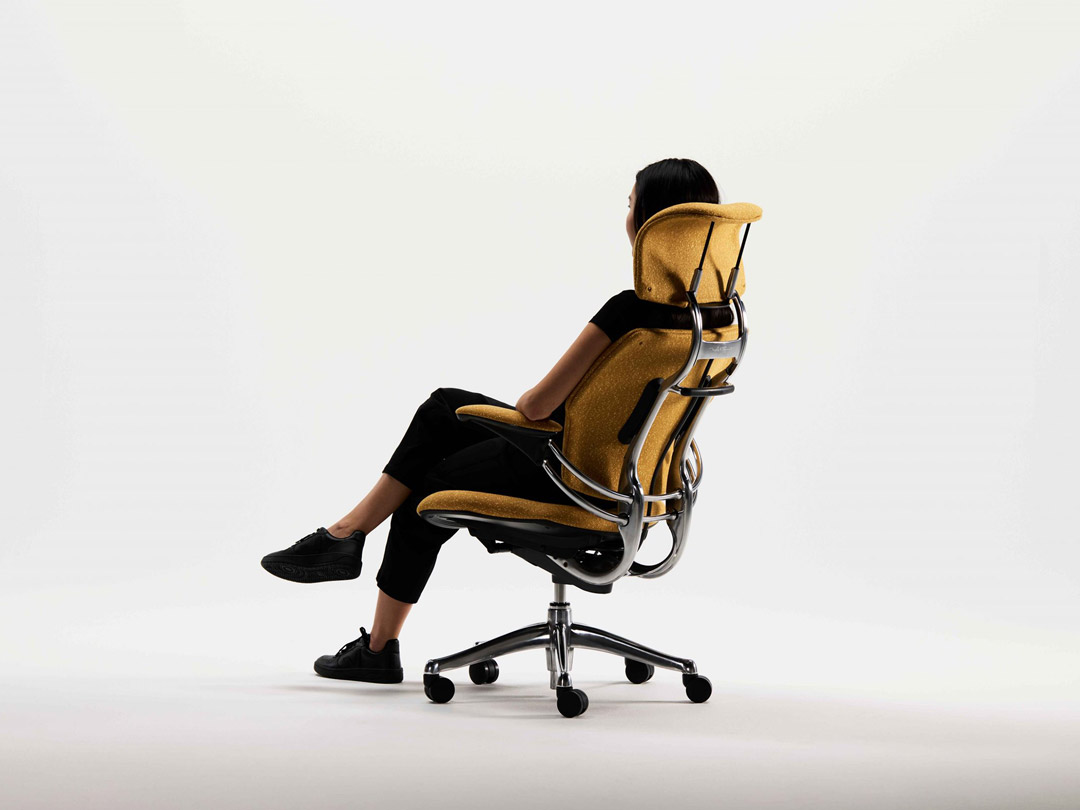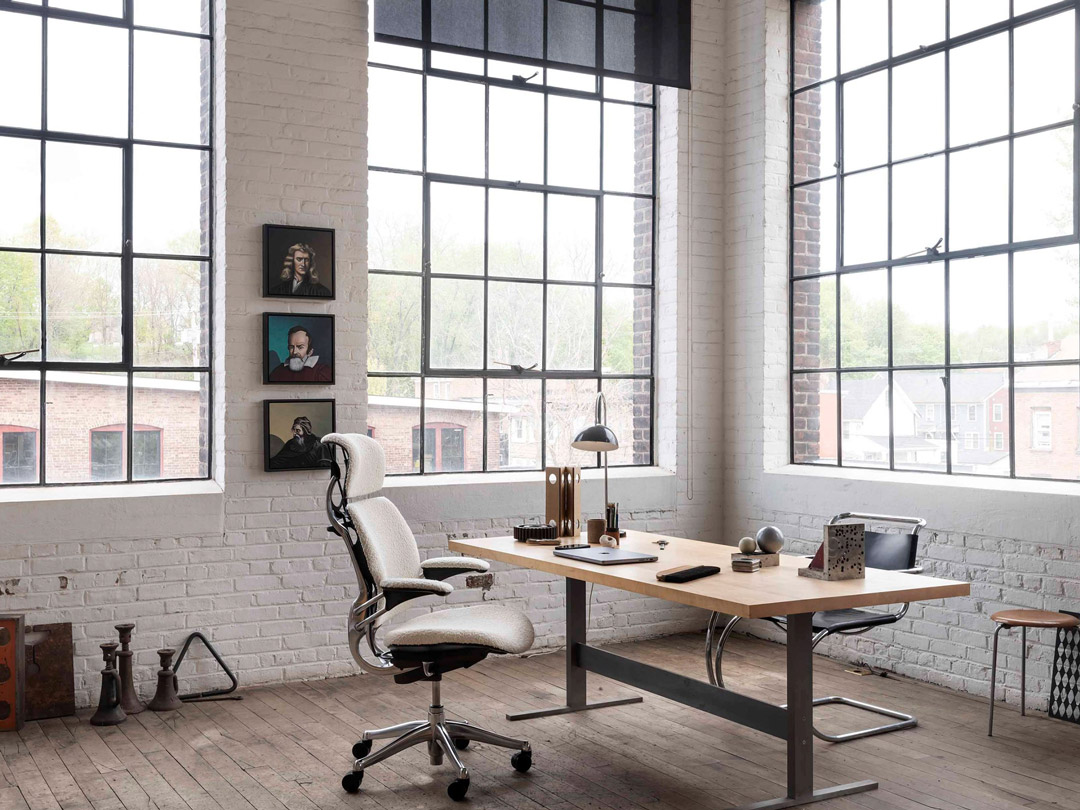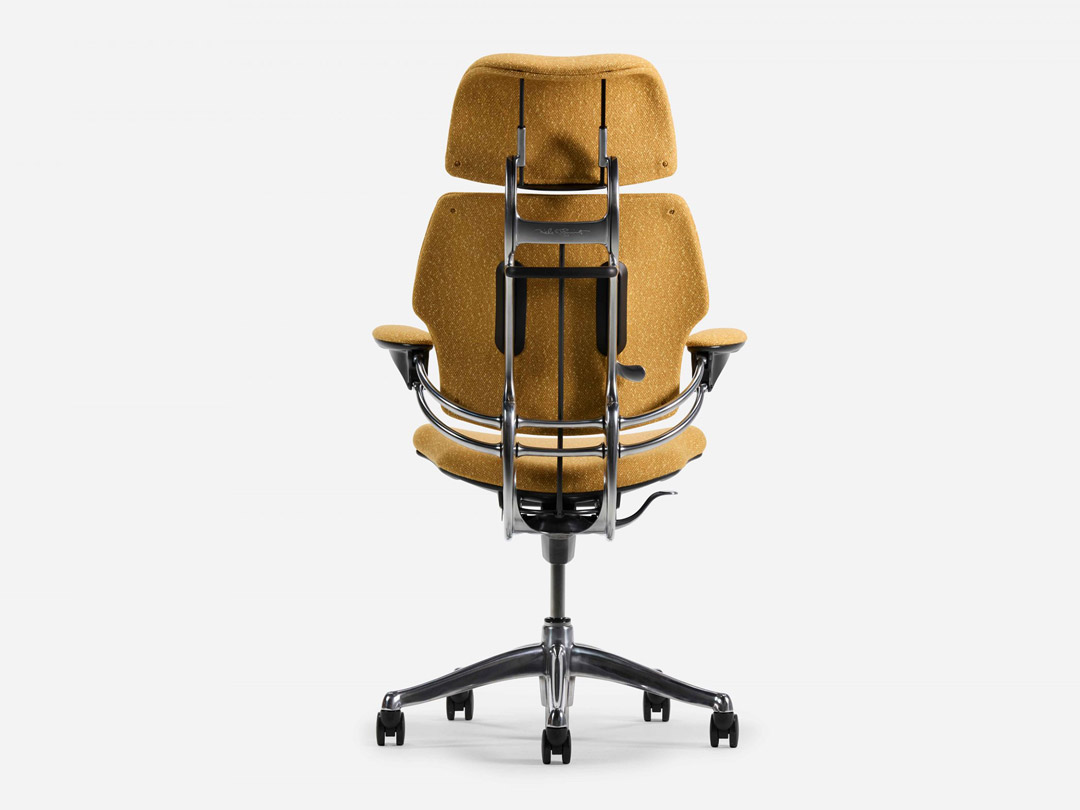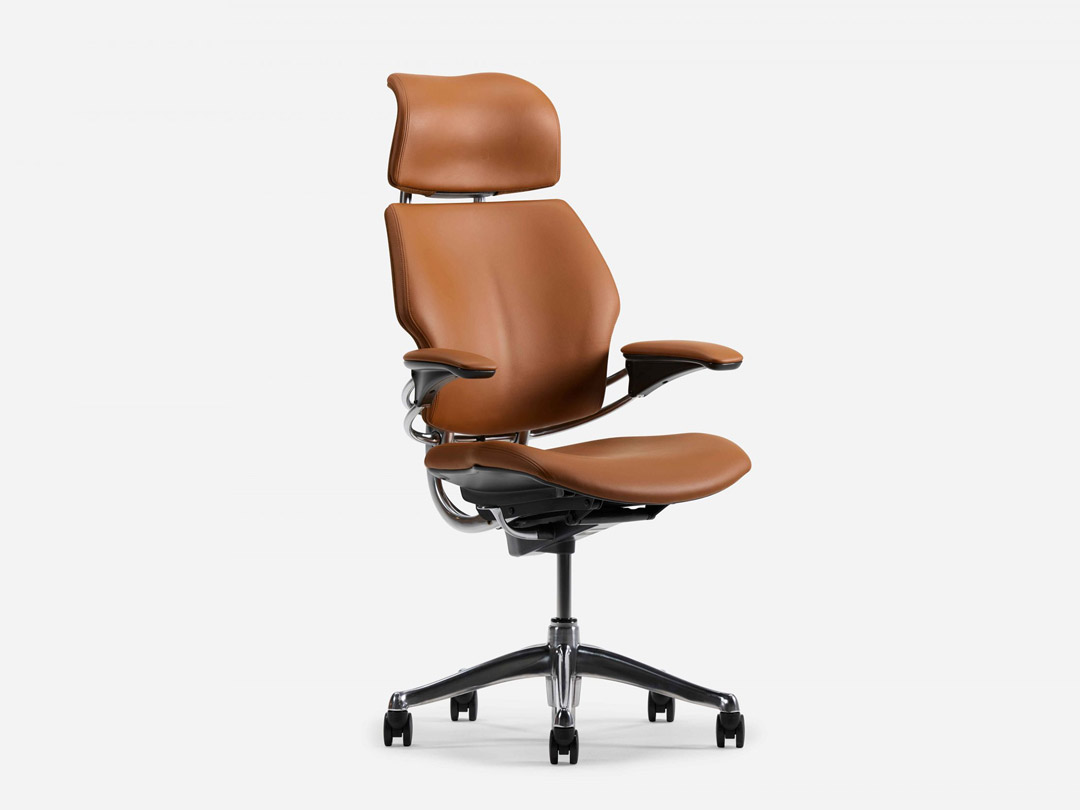Sustainable Design Awards
The Sustainable Design Awards aim to recognise outstanding achievements in the workplace sector.
Free to enter and independently judged by a team of industry players, the Awards include three different categories; Fit-out Projects, Products and Innovation.
The Awards ceremony takes places annually following the Sustainable Design Forum – day of knowledge sharing and collaboration that incorporates panel discussions, workshops, networking, product exhibitions and more in Clerkenwell, London.
2025 Sponsor
The Sustainable Design Awards 2025 is sponsored by DigiProd Pass – a trailblazing Digital Product Passport (DPP) solution unlocks a highly affordable and accessible suite of supply chain sustainability products for all types of organisations across different markets. Offering traceability from source, production, sale to end-of-life, DPPs provide evidence of standards, compliance, environmental and social responsibility.

2025 Judges








2025 Winners
Innovation
As the name suggests, the “Innovation” category at the Sustainable Design Awards invites entries from organisations who have introduced truly innovative solutions to facilitate greater progress in sustainability. The 2025 winner for this category was Camira, for their ReSKU 2.0 fabric.
Judges comments:
Fit Out Project
The scoring in this category was particularly close, with Gensler coming out on top for their “The Acre” project.
Judges comments:
Products
“Spolia” by Solus is a new terrazzo range made in Manchester and Leeds by the last surviving British manufacturer of terrazzo at commercial scale. In addition to a selection of 21 standard colours, a bespoke service allows designers to incorporate waste materials from project sites as aggregate into one-of-a-kind terrazzo creations, shaping a narrative of reuse and revitalisation and diverting waste away from landfill. The result is a product that is entirely unique to that building, with each speck within the tile telling a story of the history and materiality of the site. Spolia is a story about continuity, sustainability, and the transformative power of design.
Humanscale’s “Freedom Chair” has set the standard for ergonomic excellence since its introduction in 1999. It’s visionary design broke free from the limitations of traditional seating, offering unparalleled support effortlessly adapting to each individual. This revolutionary approach prioritised the human experience, challenging conventions by removing complex adjustments, offering a self-adjusting recline mechanism that provides perfect support in every position.











